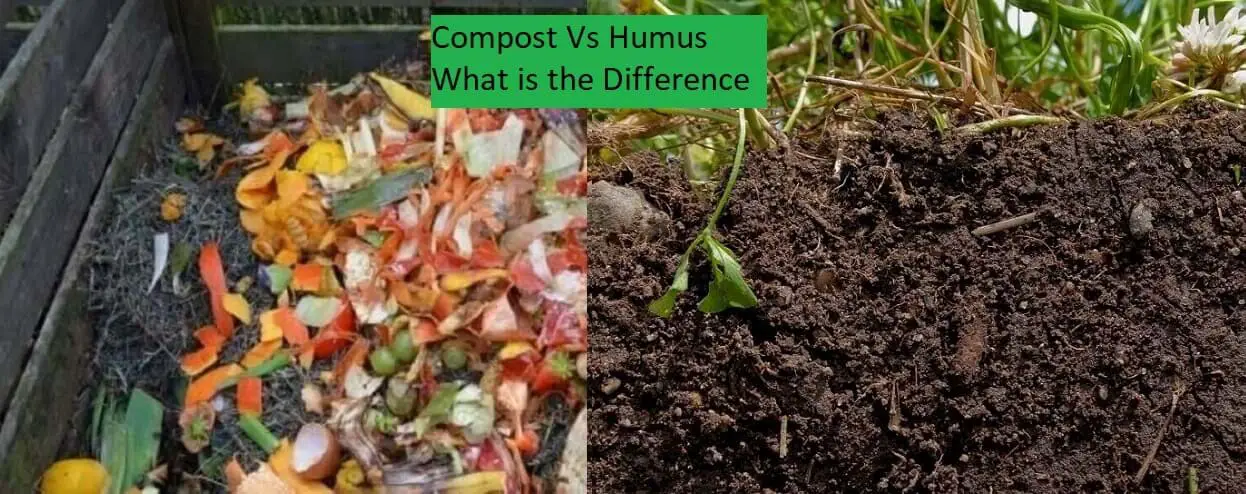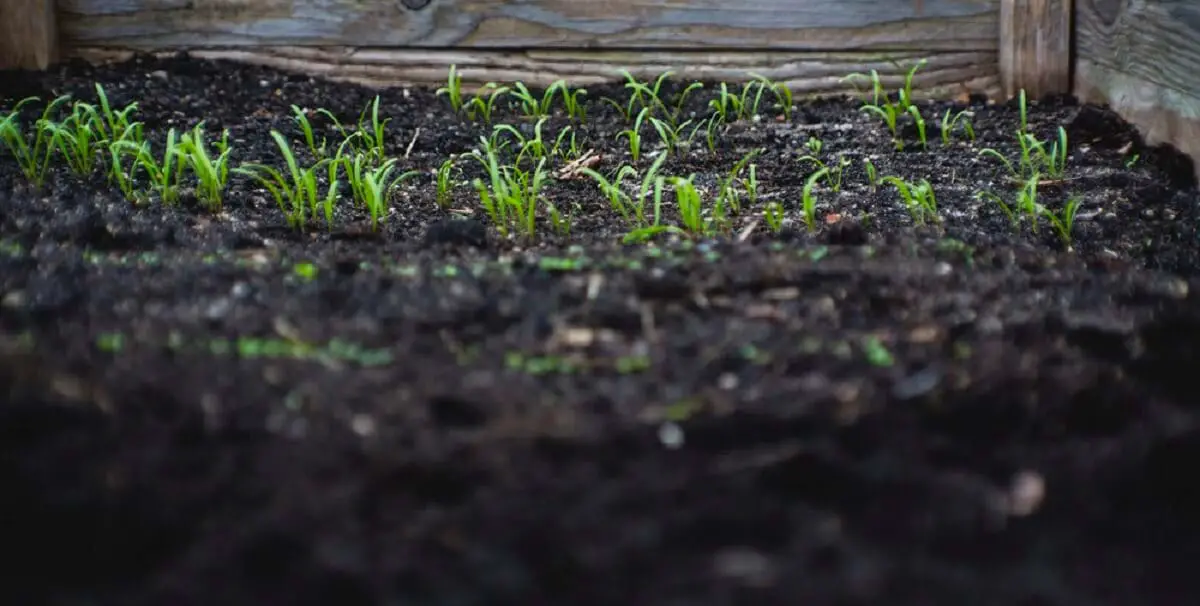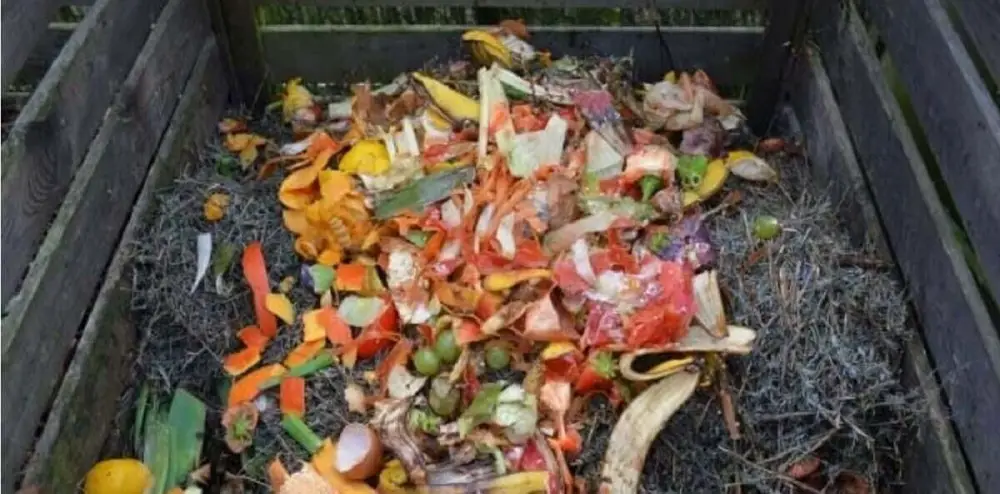Humus and Compost, Advantages and What to Actually Use
Is Humus and Compost The Same Thing?

Humus and compost are organic materials that feed your plants and increase nutrient uptake and disease resistance.
While many people use the terms interchangeably, they are not the same thing.
The primary difference I could find between humus and compost is that compost is decomposing organic matter that you will use as a fertilizer and soil amendment. Compost will eventually become humus given enough time, but this is a prolonged process taking many years.
It will take, on average, a minimum of five years for your compost to get considered as humus but can take significantly longer.
Humus, on the other hand, is organic matter that has fully decomposed by microorganisms without oxygen. Humus goes through a process called anaerobic decomposition and fermentation, where compost goes through the process of aerobic decomposition.
While our compost piles will perform anaerobic decomposition to a small extent, the material must get fully broken down and reached a point of chemical stability to become humus.
Because humus has broken down to the point of being chemical stable, it has a shelf life of hundreds of years or more. It is primarily made of carbon and is a very dark and spongy substance.
What is humus and what is it used for
Most farmers and gardeners have encountered humus at some point, whether they know it or not.
Humus is a very dark brown absorbent mass made when the remnants of plants, insects, and other organic materials get fully decayed.
Humus requires significantly longer(5 to 10 years) to get created. The organic waste in your fertilizer will eventually become humus when microbes break down the organic matter to its smallest molecular particles.
Adding humus to your soil will help many different qualities of your soil and promote a healthy soil microbiome. It Improves the texture, tilth, absorbency, nutrient uptake, and soil fertility and can even help regulate your soil's pH levels.
Humus can hold up to 90 percent of its weight in water, helping your soil retain its water content and be significantly more drought resistant.
Soil with high humus quantities will get darker and crumble easily. This helps air and water move through the ground easier, increasing the amount of oxygen in your plant's root zone.
There is also a reduction in the number of nutrients that will leach away from your ground. This is because Humus holds onto ionized nutrients allowing them to get stored in the soil for use by our plants.
What is composting, and what is it used for
When you recycle your food and other organic waste through composting, it provides environmental benefits. First, it is an eco-friendly way to dispose of your organic waste. Second, it can get used to improve your soil health while reducing greenhouse gasses.
When you compost organic matter, you provide the optimal environment for bacteria, fungi, and organisms like worms, sowbugs, and nematodes to do their work speeding up the decay process.
Once your material gets composted, you get left with a fertile garden soil amendment referred to as black gold by many. Compost is nutrient-rich with many healthy soil microorganisms that you can add to your lawn, garden, and landscape.
Can I use compost instead of humus?

What is the difference between humus and compost?
The difference is the amount of decay that the organic matter has gone through.
Given enough time, your compost will eventually turn into humus after the microbes fully break down all of the organic matter.
But this will take anywhere from 5 to 10 years for your compost to be humus.
Again humus needs a lack of oxygen to get formed. While parts of your compost will meet this requirement, most of it does not.
Some people have special plastic containers to hold the organic waste in water creating the proper environment helping to speed the process.
What does humus and compost add to the soil?
Both humus and compost will help to feed the microbiome of your soil, increasing its fertility.
Both help increase your soil's structure, prevent nutrient leaching, and provide better aeration and water retention.
But humus is significantly better for water retention purposes.
So What is better, compost or humus?

Having compost continually worked into your soil is better for your garden than just adding in humus.
Over the years, the compost you are adding will continue the chemical and biological humification process, eventually adding more humus into your garden.
Since you can make your compost with the organic waste from your home, it is also a more environmentally friendly option to add to your gardening routine.
It will provide you and your garden more immediate benefits and increase your soil's humus content over time.
But if your primary focus is on increasing water retention adding humus will be the most beneficial for you.
Compost also adds more types of nutrients to your soil.
Conclusion
Both compost and humus can improve your soil quality and help you produce better plants. Compost is a much quicker product you can make at home while recycling your organic waste.
Over time, the compost you add to your soil will continue to break down from microbial degradation and continue the chemical and biological humification process.
Continually adding in plant matter will also help you to improve the characteristics of your soil. As a result, your soil will have improved aeration, water retention, reduced soil erosion, and an enhanced soil microbiome.
By adding compost to your soils, you will also eventually get higher humus quantities in your ground.
Your compost will become humus after the microorganisms in the soil have finished decomposing the organic matter while providing food for your plants.
Similar Articles
Biochar Fertilizer
Green Manure For Clay Soil
Advantages Biofertilizer What It Is
What You Should Know About Mushroom Compost